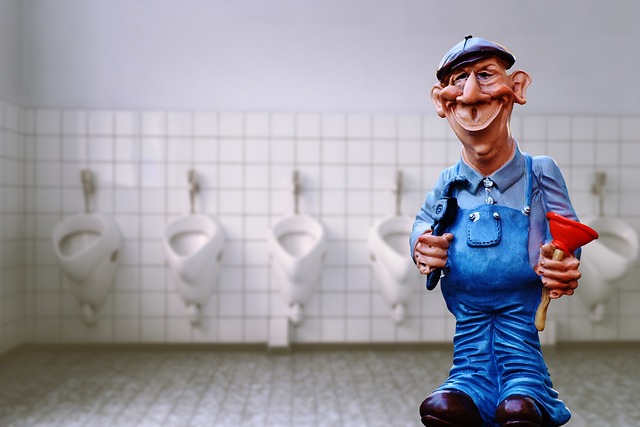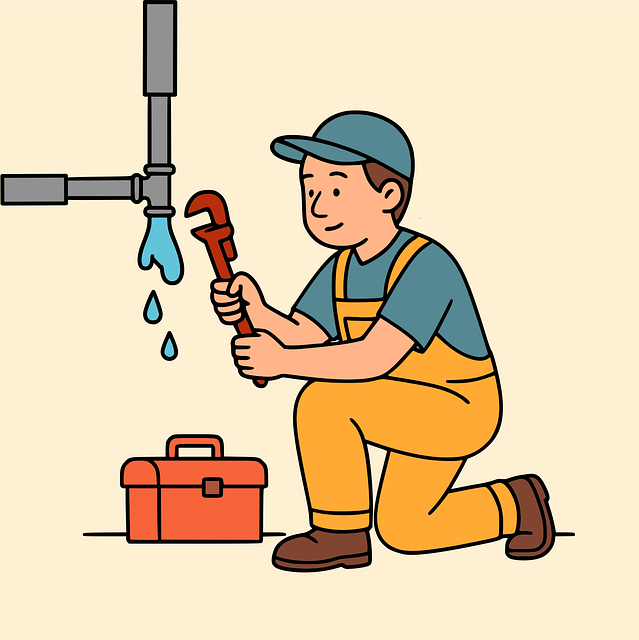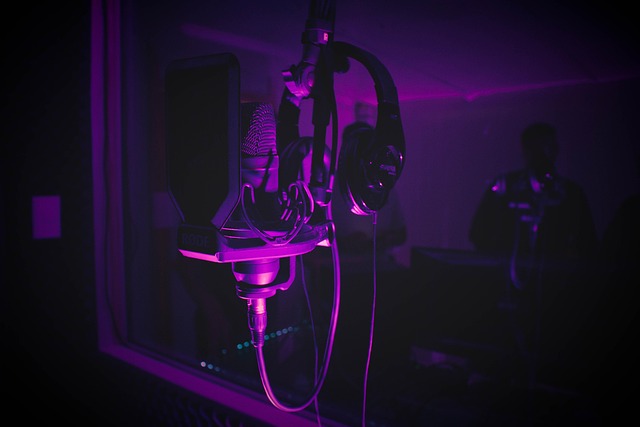Before tackling plumbing projects, assess your skills and tools: for simple fixes, DIYers with basic experience and essential tools might succeed, but complex jobs require professional expertise and specialized knowledge. Compare the benefits of DIY vs. professional services to balance cost-saving benefits against potential safety hazards and long-term damages.
Are you a do-it-yourselfer or should you call the pros? Navigating the DIY versus professional plumber debate can be confusing. This guide helps you make an informed decision, focusing on your skills and comfort level, tools at hand, and the complexity of repairs. We break down the benefits of professional expertise, access to advanced technology, and safety standards. By understanding when to call the pros, you’ll save time, money, and potential damage in the long run, ensuring optimal plumbing performance.
- Assessing Your Plumbing Skills and Tools
- – Understanding your comfort level with DIY plumbing tasks
- – Evaluating the tools and equipment required for the job
Assessing Your Plumbing Skills and Tools

Before tackling any plumbing project, it’s essential to assess your own skills and tools. If you’re a complete novice when it comes to plumbing repairs, it might be best to call in the professionals. Plumbing involves intricate systems and specialized knowledge, so lacking the necessary expertise can lead to costly mistakes or even safety hazards. However, if you have some basic DIY experience and access to essential tools like wrenches, pliers, and a replacement faucet or pipe, you might be able to handle simple fixes yourself.
Consider your comfort level with troubleshooting and repairing plumbing issues. Can you read and understand diagrams and instructions? Are you confident in using tools safely and effectively? While DIY can save money, it’s crucial to recognize your limitations. If you attempt a complex job beyond your skill set, you risk damaging pipes or appliances, leading to even more expensive repairs down the line.
– Understanding your comfort level with DIY plumbing tasks

Plumbing problems can range from simple, like a leaky faucet or a clogged drain, to complex, such as repiping or a broken water heater. Before you decide whether to roll up your sleeves and tackle these tasks yourself (DIY) or call in the professionals, it’s essential to understand your comfort level with DIY plumbing.
For minor issues, many homeowners feel confident enough to attempt DIY repairs. Online tutorials and readily available tools make it easier than ever to take on basic plumbing jobs. However, when it comes to more intricate or potentially hazardous tasks, it’s crucial to recognize your limits. Professional plumbers possess the specialized knowledge, skills, and equipment required to handle complex issues safely and effectively. They are also trained to follow local building codes and regulations, ensuring that any work they perform complies with safety standards.
– Evaluating the tools and equipment required for the job

When deciding whether to tackle a plumbing issue yourself or call in a professional, one of the key factors to consider is the tools and equipment needed for the job. DIY enthusiasts often find satisfaction in fixing things around the house, but not all tasks are cut out for amateur plumbers. Evaluating your toolset is essential; if you lack the necessary plumbing tools like wrenches, pliers, or a snake to clear clogs, it might be more efficient and safer to call a pro. Professional plumbers invest in high-quality equipment designed specifically for various plumbing challenges, ensuring they can complete jobs swiftly and effectively.
In the DIY vs. professional plumbing debate, having the right tools makes all the difference. While some repairs are straightforward and accessible for homeowners, complex issues often require specialized knowledge and gear. So, before you attempt a plumbing fix, assess your toolkit and consider whether it’s best to save time, effort, and potential damage by enlisting the help of a qualified plumber.
When deciding between DIY plumbing or hiring a professional, consider your skills, tools, and the scope of the repair. For minor, straightforward issues, DIY methods can be cost-effective and satisfying. However, complex problems often require specialized knowledge and equipment, making it more efficient and reliable to call in a licensed plumber. Balancing your budget, time, and comfort level will help you determine whether to roll up your sleeves or pick up the phone.
